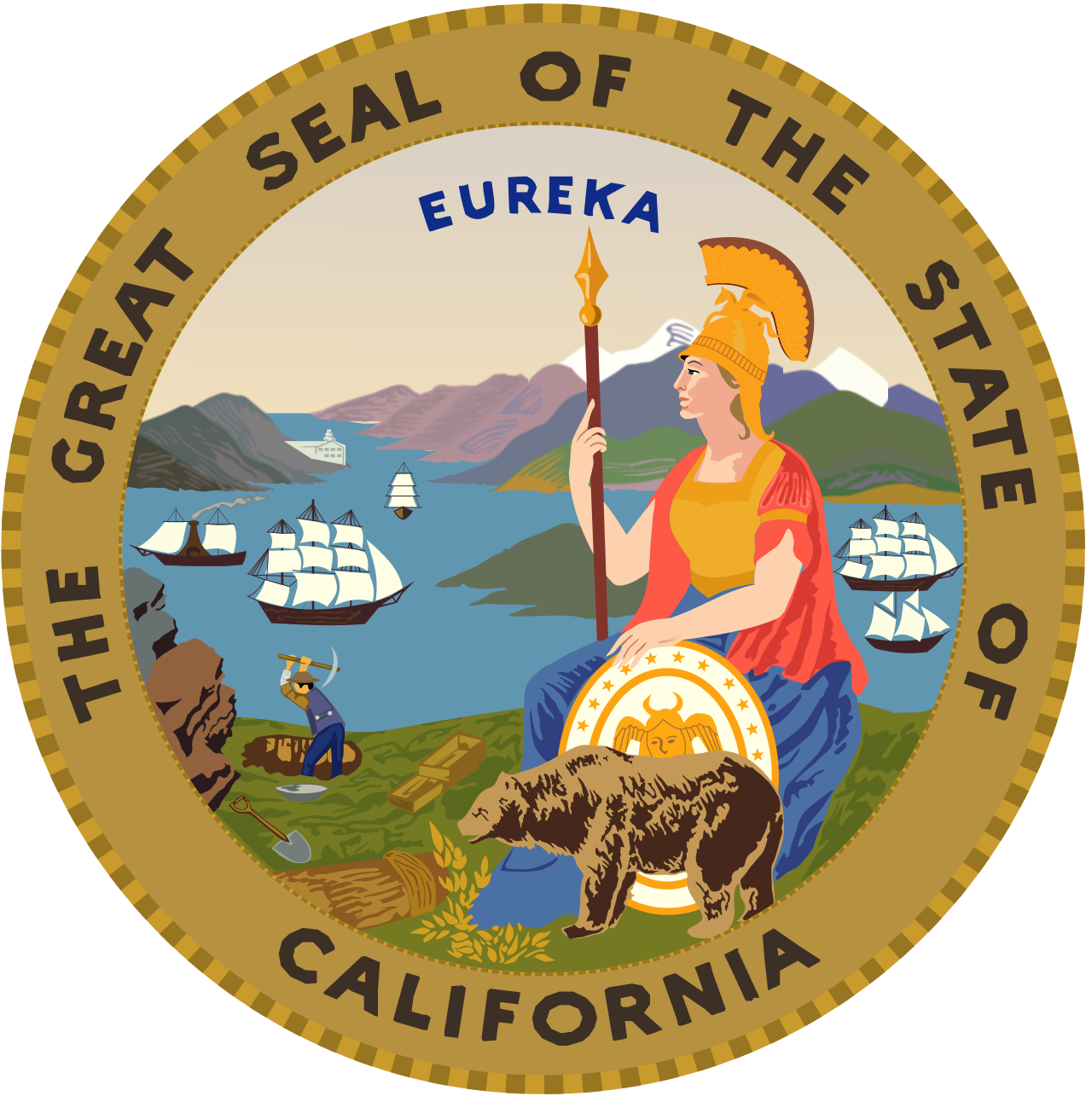Any country is made up of its people. If they want the dissolution of the entire state as a whole, simply so that Israel does not exist, then they are categorically advocating that all the (primarily Jewish) people there are displaced and/or left without a country.
If they are advocating for the dissolution of Israel in the sense that they don’t want a two-state solution, where Palestinians would likely still lose land and still continually be at odds with the Israeli government, but in the sense that they want Israel and Palestine to be replaced with one single state that ensures equal rights for all people there, than that would be anti-Zionism, not antisemitism, since it wouldn’t be an attack on the Israeli people, it would just be requiring them to not live within a two-tier society in which they are allowed to oppress other people.










That depends on how you interpret people as either being or not being ignorant.
If you judge it solely based on how much time is spent consuming digital media, then people would be less ignorant considering that number has more than doubled since 2008. (doesn’t take into account things like print media, but I doubt people were spending at least 3 hours reading print media every single day, then switched a whole at least 3 hours of that over to digital media)
If you base it on the amount of social relationships they have with diverse groups of people that could lead them to be less ignorant about the world around themselves, then we’ve trended towards being more ignorant in that regard, because while people are more likely to have at least 4 close friends now, they’re less likely to have a wide network (10+) by nearly 3X less.
There’s also the fact that ignorance doesn’t necessarily mean “bliss” in all circumstances.
For example, people are more likely to feel satisfied waiting for a bus (or anything, really) if they’re provided an predictable, but longer estimated arrival time, compared to an unpredictable, but shorter arrival time (to an extent). In that case, the ignorance actually makes people less happy with the experience, even if it still resulted in a faster travel time than the known alternative.
The saying “ignorance is bliss” primarily applies to ignorance of problems within one’s life or society as a whole. If someone’s not aware of the atrocities committed by their government overseas, they’ll feel less stress or anger when voting or thinking of what the future might hold. If you were told you would die in exactly 24 hours, you’d probably spend more of that 24 hours worrying than simply living normally, and would be comparably less happy at the end as a result.
It’s hard to pin down any one reason in particular, but if we want to know why people are so unhappy, maybe we should reassess how ignorant people are in the first place, and what exactly they are ignorant about.
See, there’s a trend we can see with overall dissatisfaction, and it’s heavily tied to economic factors. The more wealth and economic disparity there is in a nation, the less happy the people there seem to be. (See: the World Happiness Report)
Coincidentally, places like the US are some of the most unhappy in the developed world, and also have high levels of wealth inequality
The same WHR report even shows that the density of social connections helps a lot with making people happier. (pg. 142-144) Remember the figure I brought up before about people having smaller social networks?
I can’t even begin to break down every single possible factor that’s making people unhappy, but from reports like the WHR, I think it’s clear that a lot of the things that affect people’s happiness are things that are hard to be ignorant of.
You can probably count up about how many friends you have, know about how wealthy you are, and feel dissatisfied, even if you’re the type of person that doesn’t care about politics, which is one of the largest drivers of dissatisfaction in people who are actually aware.
Remember that people are now consuming much more politics-related media nowadays, and you’ve got a lot of people who are:
And don’t even get me started on how much the COVID-19 pandemic forced people to be alone and confront their own internal problems that they were previously ignorant of.
To boil this all down to something a bit more coherent: (apologies for the long rambling)
People aren’t necessarily ignorant of the things that can cause dissatisfaction, EVEN IF they’re ignorant of larger, important issues with the world, or even smaller issues that could still impact them. We are now more connected, economically unequal, and isolated than we have been in the past, and that will take its toll no matter how ignorant you are.